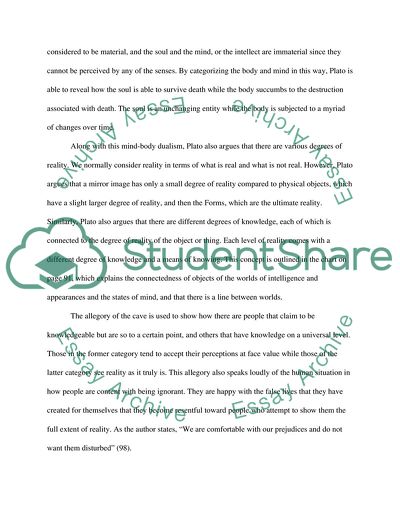Chapter 9 summary Essay Example | Topics and Well Written Essays - 500 words. Retrieved from https://studentshare.org/philosophy/1617383-chapter-9-summary
Chapter 9 Summary Essay Example | Topics and Well Written Essays - 500 Words. https://studentshare.org/philosophy/1617383-chapter-9-summary.


